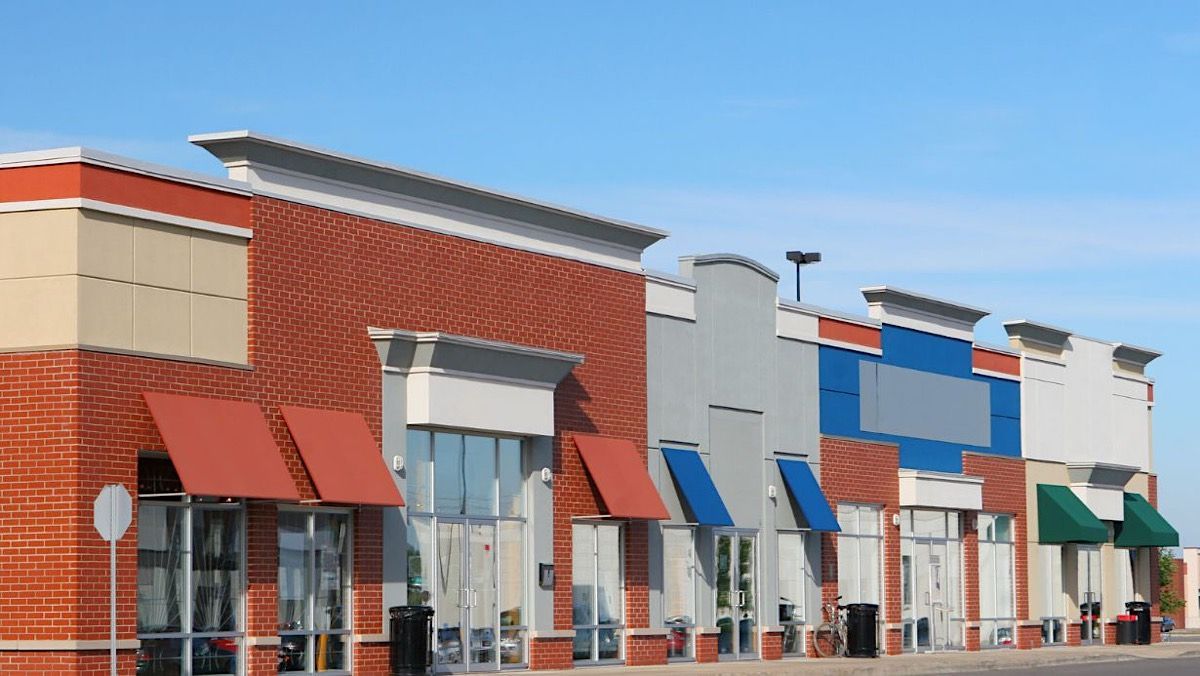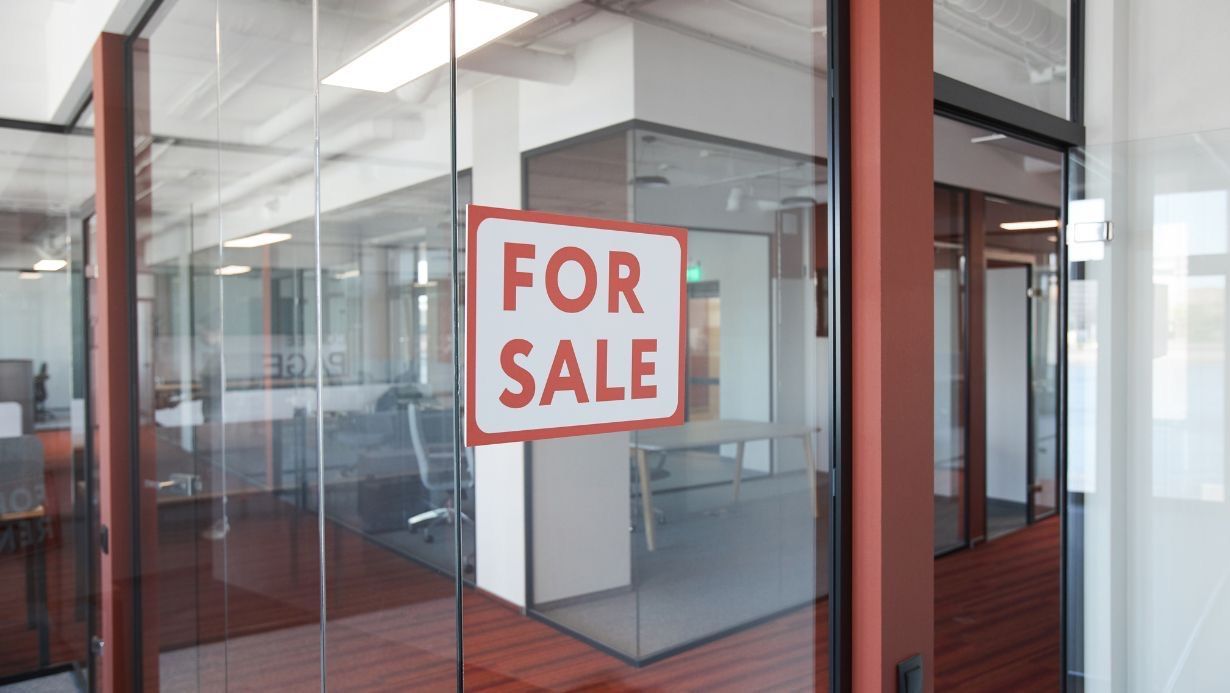Investment Properties Pros and Cons

If you want to diversify your investment portfolio, you may be considering purchasing an investment property. Investment properties provide many benefits and historically have been one of the best investment options for building wealth.
There are passive ways to invest in real estate (such as real estate investment trusts) and active ways to invest in real estate. An active real estate investor may purchase a commercial or residential property for regular cash flow (rent) or to make a profit by buying it for less than they sell it for.
According to Allied Market Research, the global real estate investment market was valued at $11444.7 billion in 2021 and is projected to reach $30575.5 billion by 2031. But investment properties aren’t for everyone. Before deciding to purchase commercial or residential real estate as an investment, you must consider the pros and cons.
Investment Properties Pros
- Steady Cash Flow – Collecting rent and other fees from tenants provides a monthly income or cash flow, which is mostly passive income.
- Appreciation
– If you buy the right property at the right time, it should appreciate over time and typically at a rate that outpaces inflation. Plus, real estate is a tangible asset that always has some value, whereas a stock can go down to zero. According to
Rocket Mortgage, the average home appreciation rate in the U.S. is 2% month over month and 14.5% year over year.
- Tax Benefits – Investment properties allow for tax deductions, such as maintenance and repairs, mortgage interest, and other expenses. Also, you don’t pay income tax on a property’s value increase until you sell it, and you can roll the gain over into another real estate investment to defer paying the tax even further into the future. Residential rental properties can be depreciated over 27.5 years, reducing the amount of your taxable income.
- Leverage -
Leverage uses “borrowed capital or debt to increase the potential return of an investment.” For example, you can invest $30,000 as a down payment on a property and, with a mortgage, receive the benefits of owning an asset worth $100,000.
- Equity – Equity is the difference between what your property is currently worth and how much you owe on the mortgage. You build equity as you pay down on your mortgage and if the value of your property increases.
- Active Investment Control – If you buy stocks or bonds, you have little control over that asset. You don’t make the decisions that influence the value of that stock; a board typically makes those decisions. With real estate, you have more control. As an active real estate investor, you can find the best deals, control costs, etc., to influence your profits.
- Hedge Against Inflation – Inflation is a rise in the price of goods and services, which results in a decline in purchasing power. Inflation decreases the value of many investments. However, historically, real estate outpaces inflation. While the price of bread, rent, property values, etc., increases with inflation, your monthly mortgage payment stays the same, which can mean higher profits.
Investment Properties Cons
- Need Money to Start
– You know the old adage, “You need to spend money to make money.” To get started in real estate investing, you’ll need a down payment, closing costs, and possibly money to repair or update the property. Once you own the property, you’ll have ongoing expenses, such as property taxes, insurance, maintenance, etc.
- Required Management and Maintenance –There are many things to know about buying, owning, and operating a rental property, and they need to be managed and maintained. Some real estate investors hire one or more people – building managers, maintenance workers, etc., thereby reducing their profit, while others do the work themselves, which requires their time and effort.
- Long-Term Investment - Typically, investment properties are not “get rich quick” schemes but long-term investments. It usually takes time to see a profit from a rental property.
- Not Liquid – If you need money quickly, you can sell stock and receive your money in approximately two business days. But it takes thirty days or more to list, sell, and close on a house sale.
- Time and Sometimes Headaches – It takes time to find and buy the right property and then manage and maintain it. You may get calls in the middle of the night because a pipe burst or the heater stopped working. And not all tenants are ideal. You may have a tenant who refuses to pay rent or trashes your property.
- Unique Risks – Someone injured on your property can sue you, you may buy a money pit or have trouble finding good tenants.
Ready to Purchase an Investment Property?
If you determine that the pros outweigh the cons of investing in a property, contact Pete Heim at 610-745-3378 or 610-898-1441 or connect with him online. Pete and his team will treat you with the professional and courteous service you deserve!




